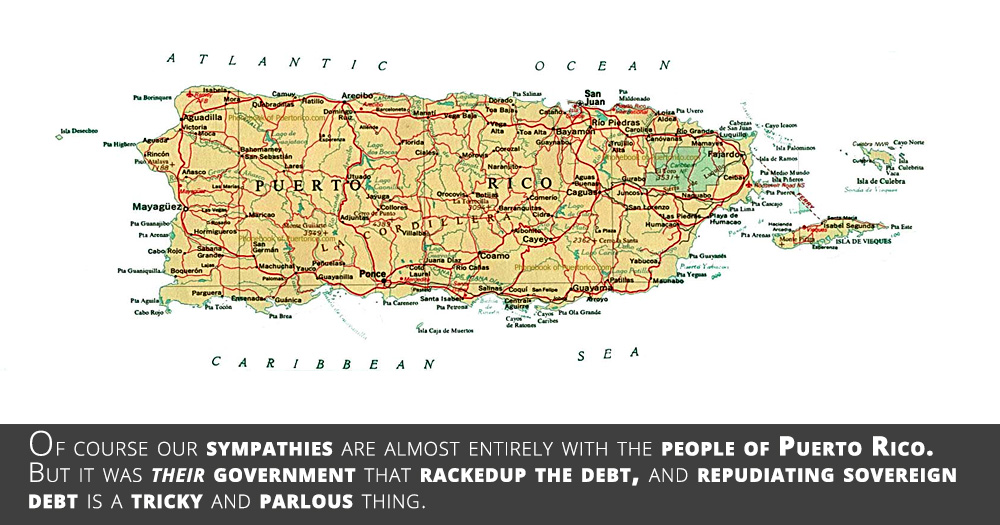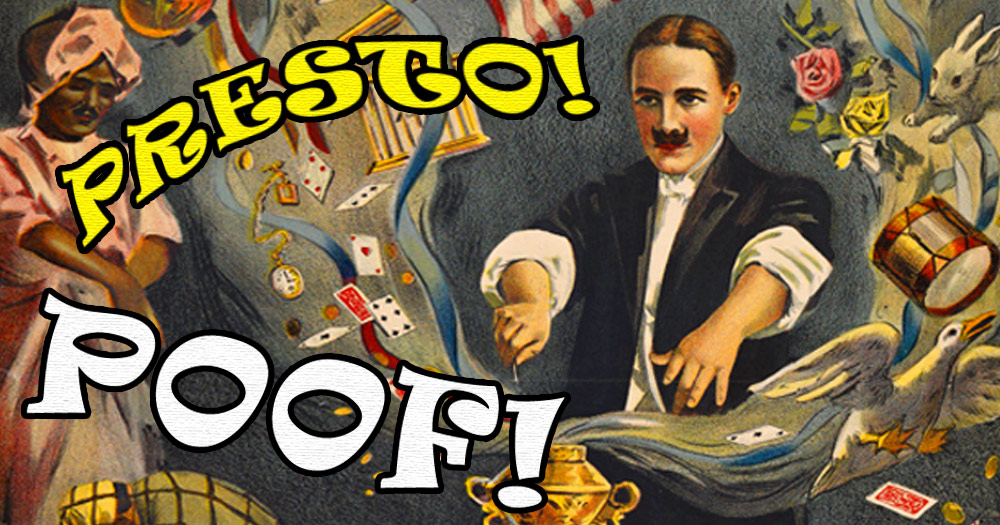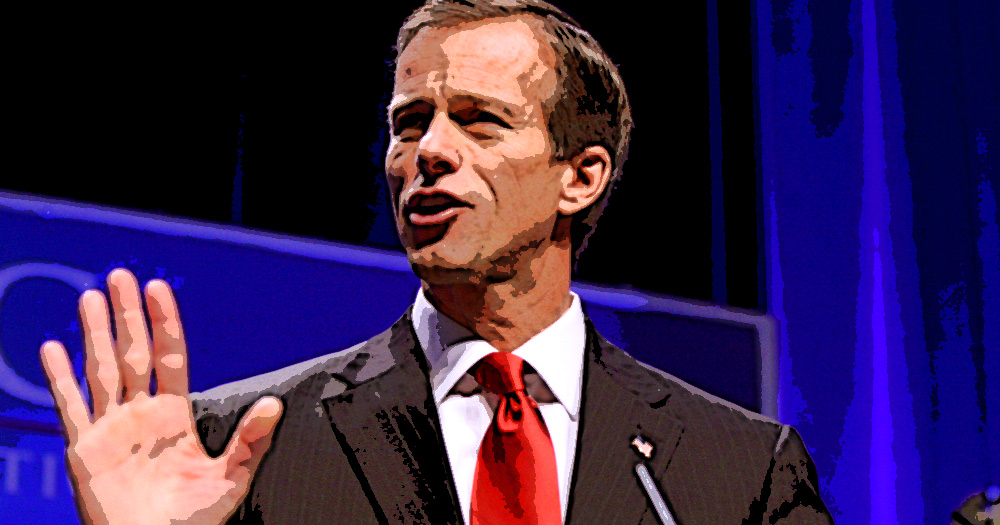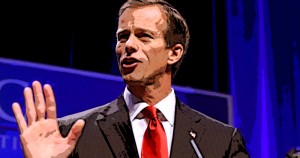“We have an important choice to make,” presidential candidate and Senator Bernie Sanders recently wrote to Congress. “[D]o we stand with the working people of Puerto Rico or do we stand with Wall Street and the Tea Party?”
The bill in question has been dubbed Paul Ryan’s “first big victory as Speaker,” but was written in tandem with the White House. The plan attempts to rescue Puerto Rico, a United States territory, from financial collapse with both bailouts and austerity — the latter including a lowered minimum wage.
I hadn’t heard any Tea Party squawk about this, so that reference must be just signaling on Bernie’s part.
Puerto Rico is $72 billion in the hole. Basically, Sanders wants to partially repudiate that debt: “The billionaire hedge fund managers on Wall Street cannot get a 100 percent return on their bonds while workers, senior citizens and children are punished.”
Of course our sympathies are almost entirely with the people of Puerto Rico. But it was their government that racked up the debt, and repudiating sovereign debt is a tricky and parlous thing.
What happens when the United States itself faces similar (or worse) straits? Would Bernie then, again, plan to stick it to the government’s creditors — even after he, himself, had voted to increase spending above revenues and periodically raise the debt ceiling — and think that this wouldn’t have consequences?
Meanwhile, the possible minimum wage reduction is one of the stickiest of the issues. Bernie sees it as “sticking it” to the poor.
In truth, it would help increase employment, thus help the poor get out of poverty.
This is Common Sense. I’m Paul Jacob.











